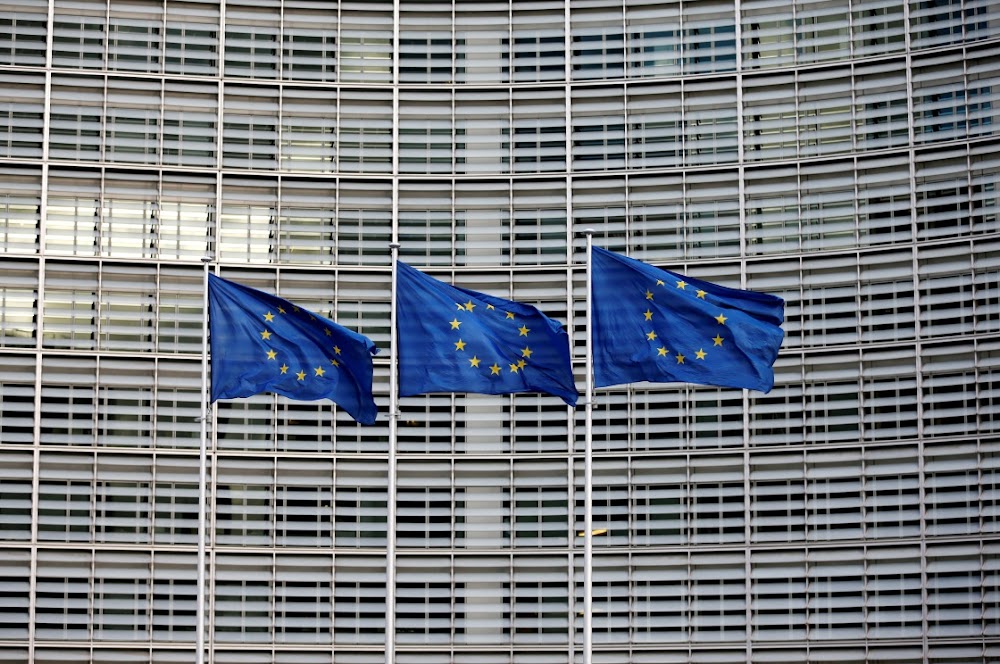EU Eases Carbon Border Tariff Rules, Exempting 90% of Importers

- 90% of importers exempted: Small-scale importers (under 50 metric tons/year) will avoid CBAM bureaucracy.
- High-impact emissions still targeted: The exempted 90% account for less than 1% of emissions—meaning climate goals stay intact.
- Permit sales delayed to 2027: Companies gain an extra year to prepare for purchasing CO₂ import permits.
The European Parliament has endorsed a major revision to the EU’s Carbon Border Adjustment Mechanism (CBAM), exempting companies importing less than 50 metric tons of covered goods annually from the tariff. This move aims to simplify compliance for small businesses while keeping the policy’s climate impact intact.
“More than 90% of importers will be excluded from the scheme, sparing them time-consuming bureaucracy,” said the European Commission, noting that these small-scale players account for less than 1% of covered emissions.
The CBAM, set to begin levying importers in 2026, will require firms to buy permits that reflect the carbon footprint of imported products like steel, cement, aluminum, and fertilizers. Under the revised timeline, the sale of these permits will be pushed to 2027.
RELATED ARTICLE: EU Seeks Deal on World-First Carbon Border Tariff
This rebalancing of the policy ensures that while regulatory burdens ease for the majority, climate accountability remains focused. The Commission emphasized that the remaining 10% of importers are responsible for more than 99% of CBAM-related emissions—keeping the mechanism’s environmental integrity strong.
The policy is a strategic tool to “shield European producers against cheaper rivals in countries with less ambitious climate laws,” the Commission added. It also discourages carbon leakage by keeping industrial investment within the EU.
The EU Council is expected to approve its stance next week, after which formal negotiations with Parliament will begin to finalize the rules. EU diplomats say member states are likely to support the proposal, further streamlining the path to the bloc’s 2030 net-zero goals.
Follow ESG News on LinkedIn









